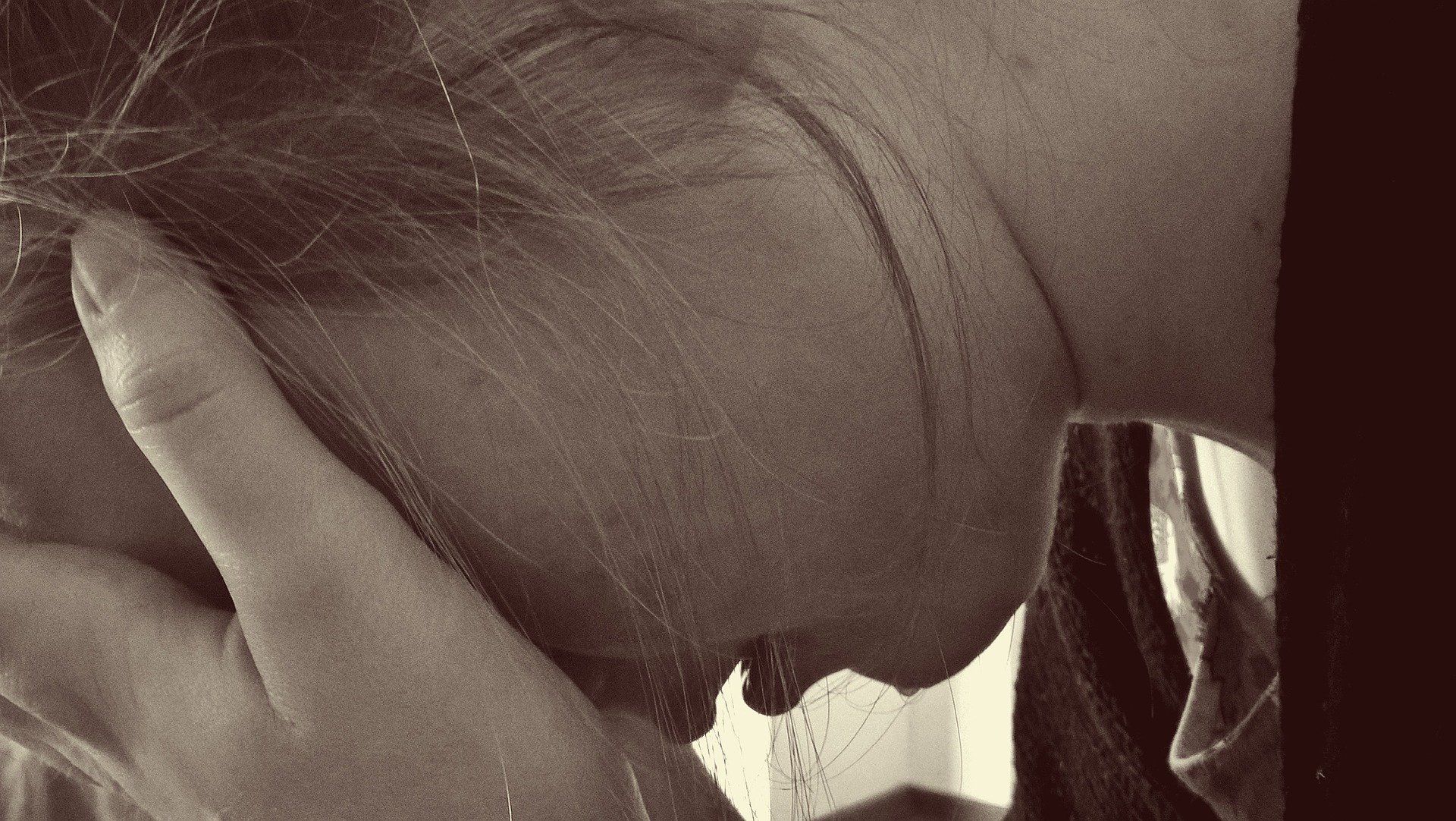A surge of grief rushed back to Meg Schumer as she reflected on the memories she shared with her daughter more than a decade ago.
Abby, Meg’s daughter, passed away a decade ago from a rare form of brain cancer. She was only 10.
Schumer is still grieving the loss years later and will be for the rest of her life, but she has figured out a way to cope with the pain.
“I was blessed with an ability to compartmentalize and to be able to redirect my attention to other things that I can actually impact as opposed to those that I can’t control,” Schumer said. “I continually tell myself you can’t change that it happened, and then I try to redirect my thoughts.”

Not many people are able to keep their grief and emotions in check, even years after a significant loss.
Experts say there are many different ways that people cope with grief, and all people cope it in their own way.
“Grief in and of itself is a normal part of the human experience,” Dr. Alissa Brown, Director of Counseling and Psychological Services (CAPS), said. “We grieve when we lose someone or something that was important and meaningful to us.”
People usually experience grief when they lose something. This could be any type of loss including, but not limited to the loss of a loved one, a pet, a job or losing the ability to engage in a particular activity that was an important part of their life.
Though many people go through grief on their own, there are professionals out there such as Dr. Brown who are willing to help. Friends and family can also play a role by making a point to check in on someone who they may know are grieving.
“If a friend of a loved one is experiencing grief, check in with them, even if it’s just a quick text or phone call to let them know you’re thinking of them,” Brown said. “Check in to see if they’re taking care of themselves, getting sleep and eating in a healthy way.”
Words alone may not heal their wounds, but letting that person know that you are there for them and thinking about them can help significantly. Brown said helping by doing little things like picking up something that they need or dropping off food helps to comfort and support those in grieving. Even just going to them and just sitting there and listening can do a great deal.
Brown said to ignore the many myths out there about coping with grief. One of the myths is that grieving lasts about a year. This is not true. Experts, including Brown, say that the length varies with each person.
“A person may believe they have reached the end of their grieving period, and then later find that a particular memory, an anniversary or some other reminder brings back feelings of grief. This is also part of a normal, healthy grieving experience,” Brown said.
Schumer experiences these emotional trigger moments on an almost daily basis 10 years later. A song, object or place will remind her of Abby, who she described as an outgoing girl who loved all animals, but especially horses.
While there are said to be five stages in the grieving process: denial and isolation, anger, bargaining, depression and acceptance, not everyone will go through certain stages and there is no order to them either, Brown said.

“Every person experiences grief differently. There are numerous theories about stages of grief, but little evidence that people move through the same stages in the same order or manner,” Brown said. “What we do know is that it is common and expected that people will move through different phases of emotions as they grieve a loss. Knowing that your thoughts and feelings are likely to change over time and change again, can help the process feel less overwhelming or confusing.”
Schumer’s family all experienced grief very differently. Schumer said that her husband’s reaction to the grief was the polar-opposite to her reaction.
The grieving process and how a person copes may be influenced by their family, cultural and religious beliefs. Some people cope with grief by talking with others, while others prefer to contemplate their loss more privately. Some people benefit from being more active, while others cope by expressing their creativity by doing things such as writing or creating art.
Though many people grieve on their own, counseling can be a big help. This can be at any point in the grieving process. At Cabrini, students can make an appointment with CAPS if they want to seek professional help.
“One doesn’t need to wait until their distress reaches a certain level to reach out for support,” Brown said.
It is time that people realize that the grieving process is different for everyone. Everything is different about the process, from the length that they experience grief to the way they cope with it. It is important to know that there is always going to be someone to support you while grieving.
Schumer doesn’t like to think about her loss, but instead she thinks about the memories she has made with her daughter.
“I think about Abby every day, but I often try to remind myself how lucky I am that I had my daughter while I had her,” Schumer said.



